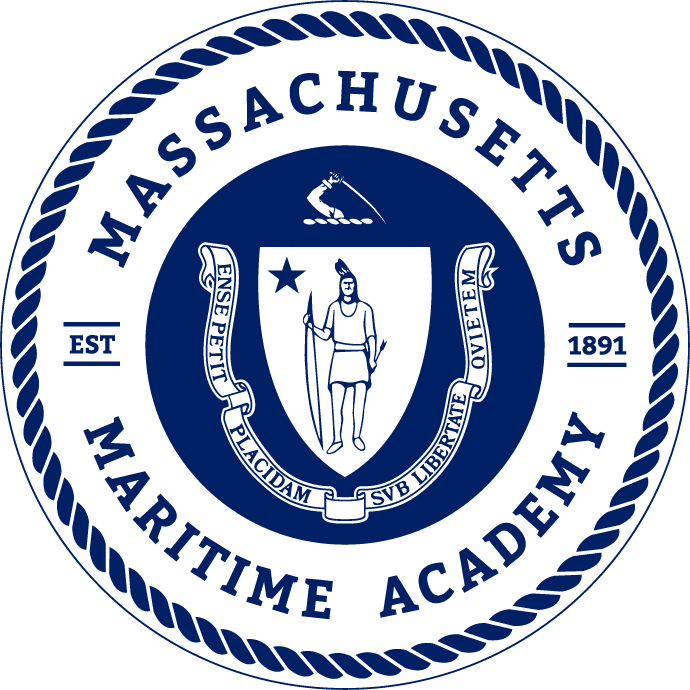Course Description
This course gives a basic understanding of meteorology, and its application to shipboard operations. The student will have a knowledge of meteorological instruments and their application, knowledge of the characteristics of various weather systems, reporting procedures and recording systems, and the ability to apply the meteorological information available. Students will complete a practical assessment of reading and interpreting weather charts and demonstrate the ability to forecast future weather events. In addition, the knowledge gained in this subject will serve as the basis for further training to the level of Chief Mate and Master.
This class may be live-streamed from Massachusetts Maritime Academy (MMA) to students taking the course at Shanghai Maritime Academy (SMU) in Shanghai, China.
This course consists of three 1-hour lectures a week for a semester with a comprehensive final examination.
Entrance requirements
Successful completion of SM-2121 College Physics I or SM-2123 Engineering Physics I.
STCW Objectives
Demonstrate knowledge and understanding of the following STCW elements:
- OICNW-A1.09 Ability to use and interpret information obtained from shipborne meteorological instruments
- OICNW-A1.10 Knowledge of the characteristics of the various weather systems
- OICNW-A1.10 Weather system reporting procedures and recording systems
- OICNW-A1.11 Ability to apply the meteorological information available
Topics
- Course Introduction & Policies
- Why Study Weather?
- Meteorology vs. Climate
- The Atmosphere
- Unequal Heating of the Earth, The Seasons
- Temperature and Energy Balance
- Moisture in the Atmosphere
- Condensation / Fog
- Cloud Formation
- Cloud Types
- Precipitation
- Atmospheric Pressure
- Wind
- Measuring Wind – Beaufort Scale
- Measuring Wind – True vs. Relative
- Waves and Swells
- Earth’s Circulation
- Permanent Winds / Ocean Currents
- Local / Regional Winds and Monsoons
- Air Masses
- Fronts
- Mid-Latitude Cyclones
- Thunder, Lightning, Tornadoes
- Tropical Storms
- Hurricane Avoidance
- Forecasting
- Weather Maps
- VOS
- Weather Routing
- Weather Images, Satellites, Doppler
- Predicting the Weather 24 Hours in Advance
Other objectives
- Demonstrate the knowledge necessary to stand an effective navigation watch interpreting the weather to ensure safety of the vessel, her personnel and cargo during the voyage
- Show a familiarity with how to interpret weather charts and images for upper level air, surface and wind /wave conditions both at present and future locations along a track route
- Display an understanding of accurate weather determination and reporting principals
- Exhibit a comprehension of the basic causes and effects of the weather
- Demonstrate an understanding of the characteristics and effects of various weather elements such as pressure systems, air masses, fronts, storms, precipitation, fog, and clouds
- Display an understanding of tropical storm avoidance
- Fully understand how the atmosphere interacts and produces weather
- Appreciate the difference between weather and climate
- Be able to determine true wind from a moving vessel and what course to steer to achieve a desired relative wind
- Know how to interpret weather charts, satellite images and text information to assess present and future weather conditions
- Fully understand the characteristics of cloud types, weather fronts, sea heights, and fog conditions to assist in confirming validity of weather reports
- Have the knowledge necessary to successfully pass the Meteorology section of the Navigation General portion of the USCG MMC License Exam
